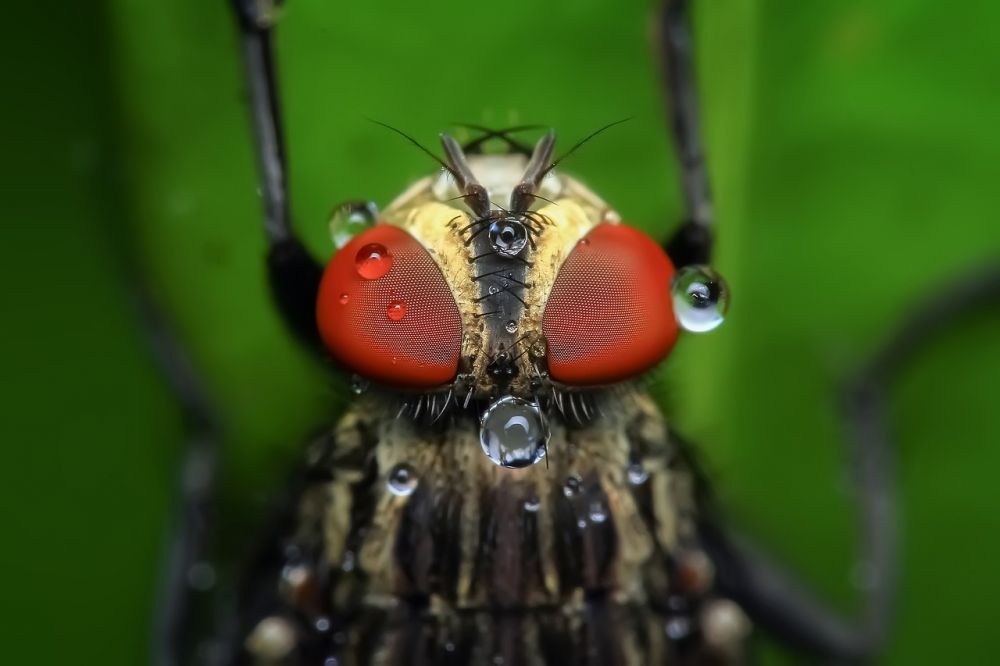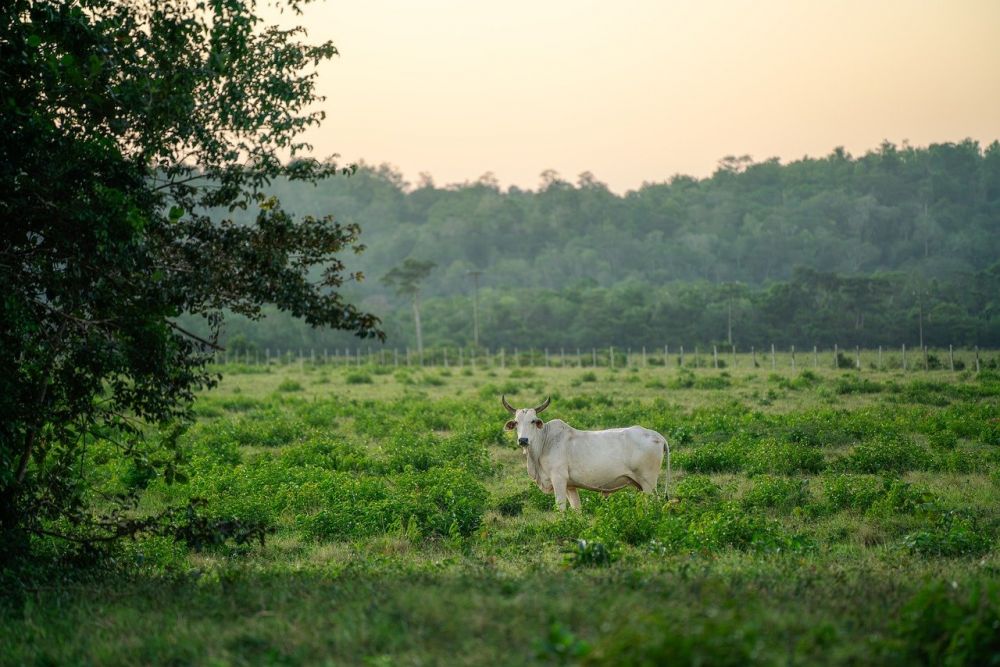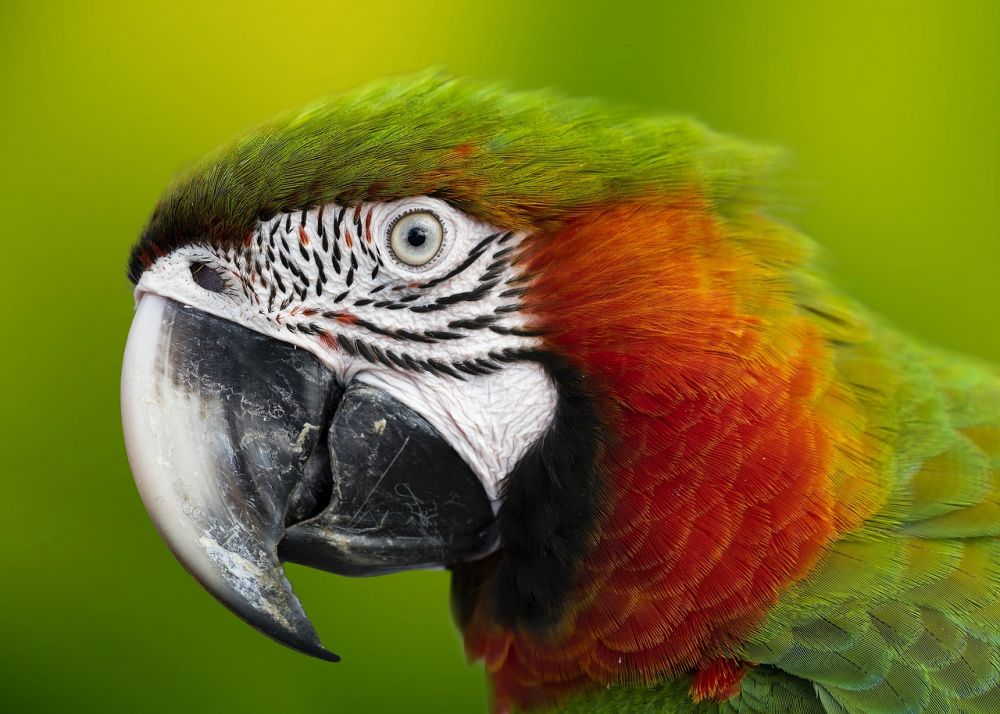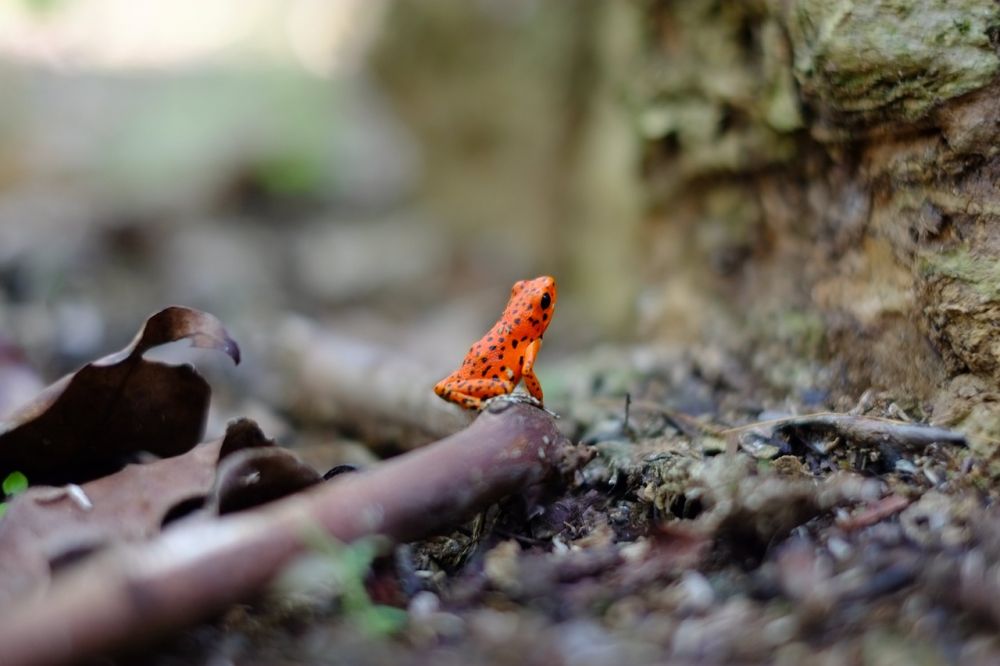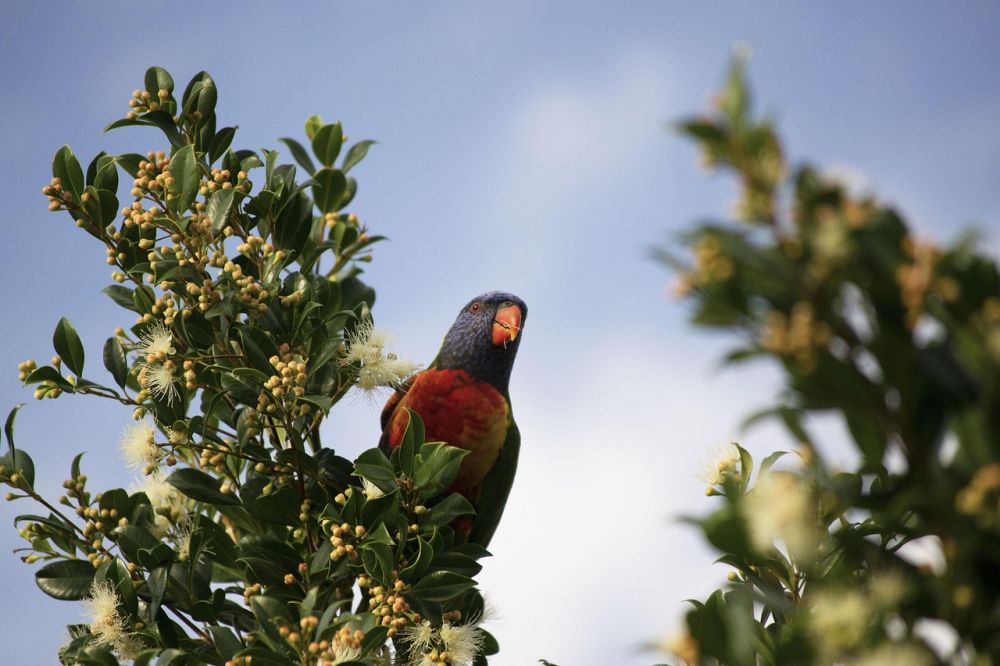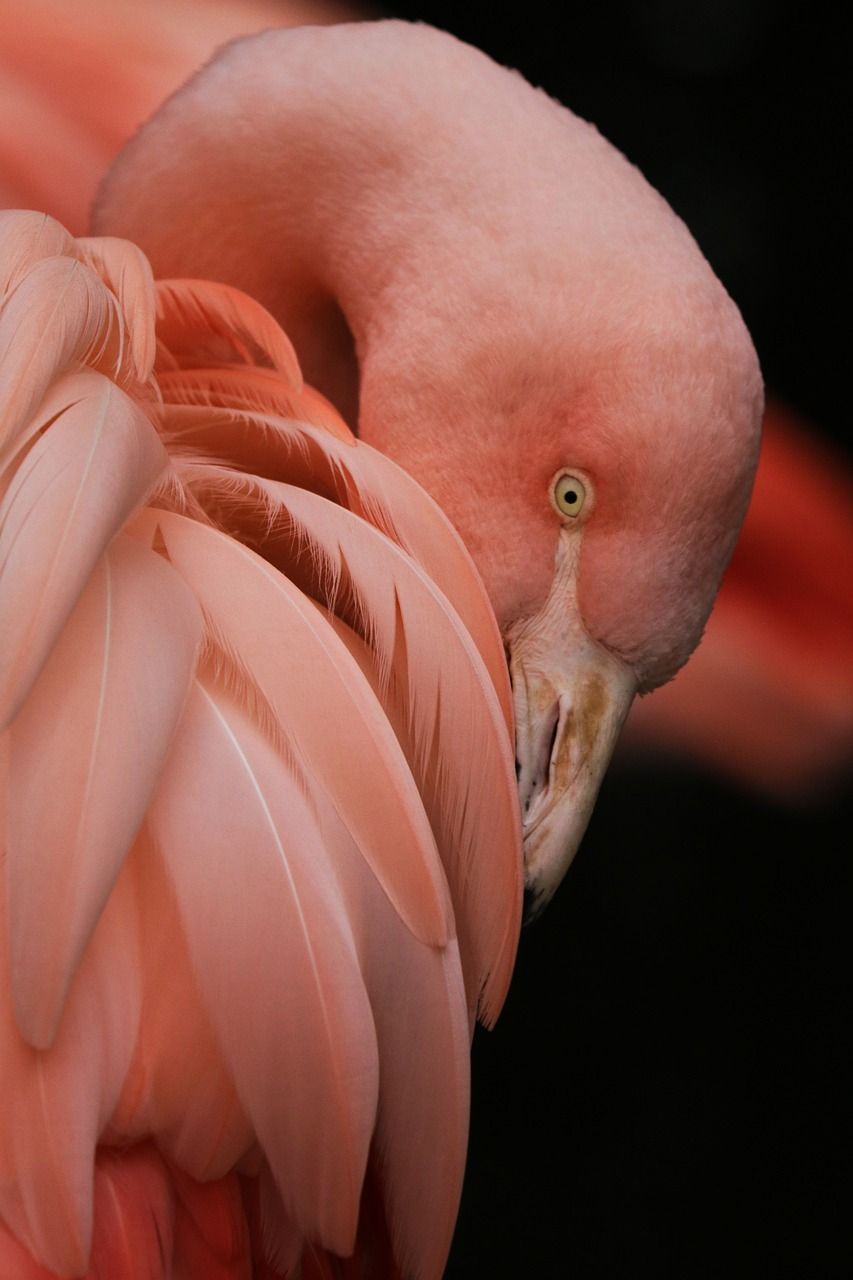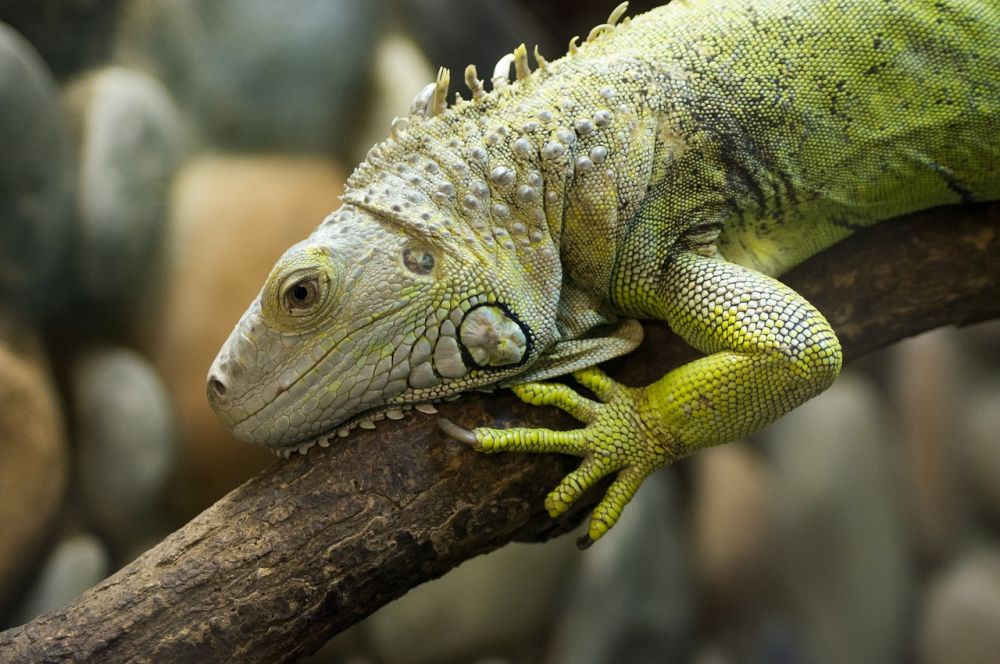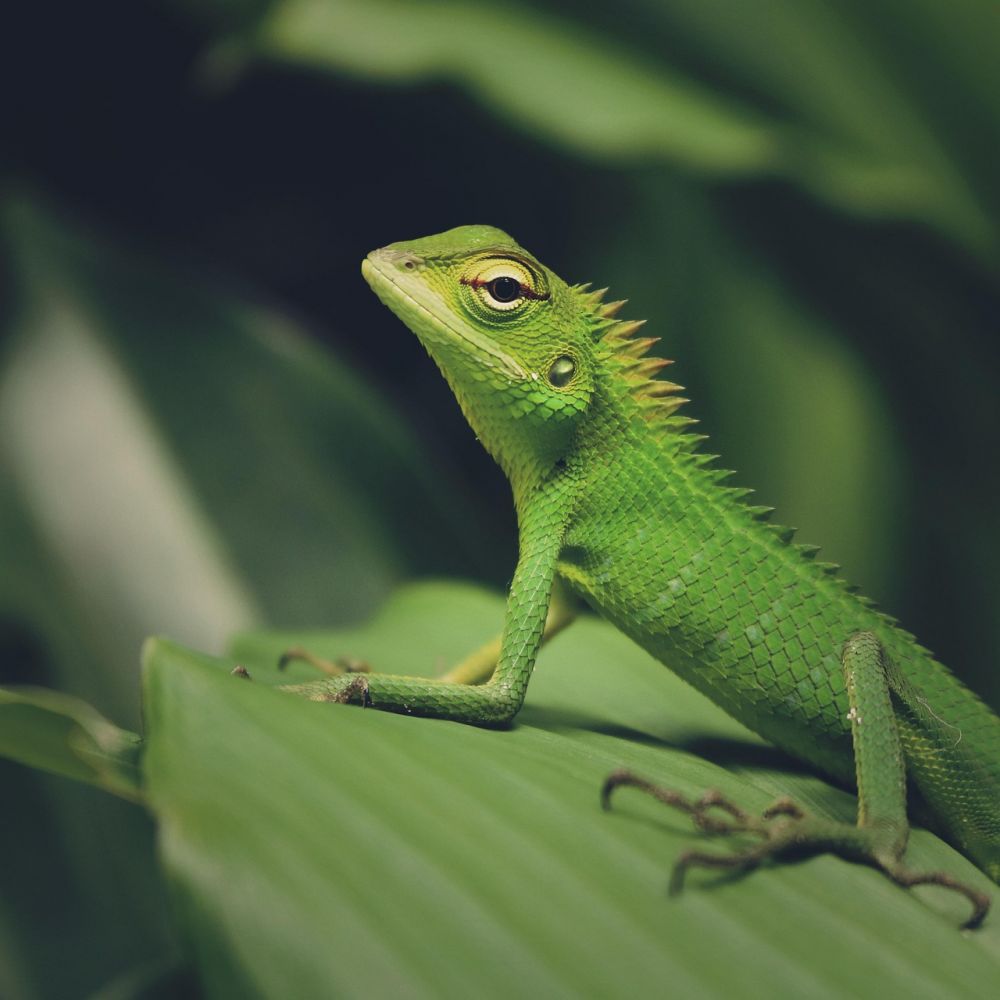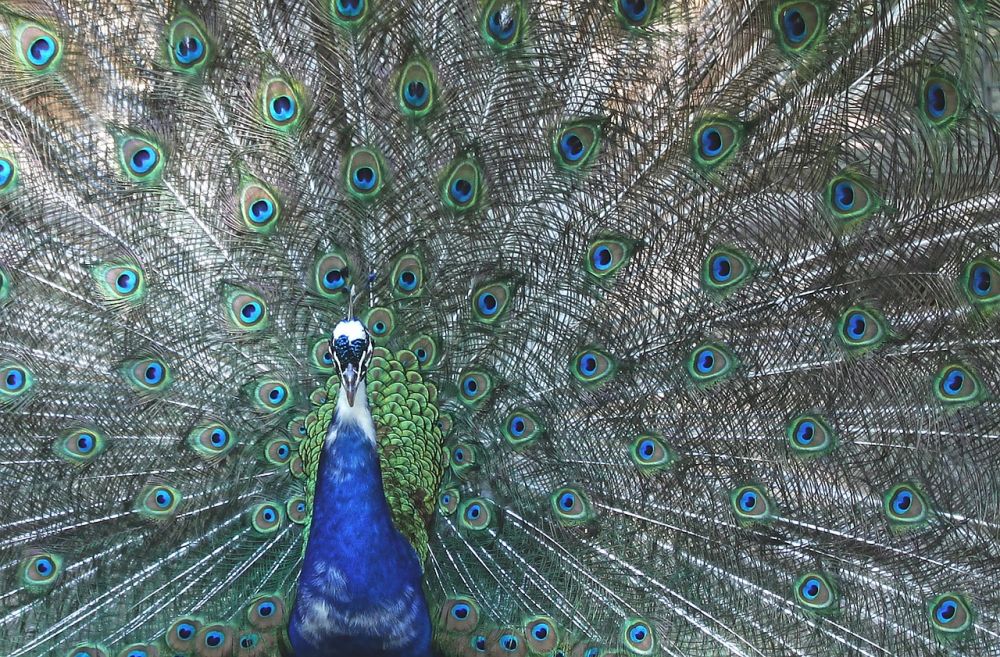Kiwi Birds: Natures Unique Wonder [INDSÆT VIDEO HER]
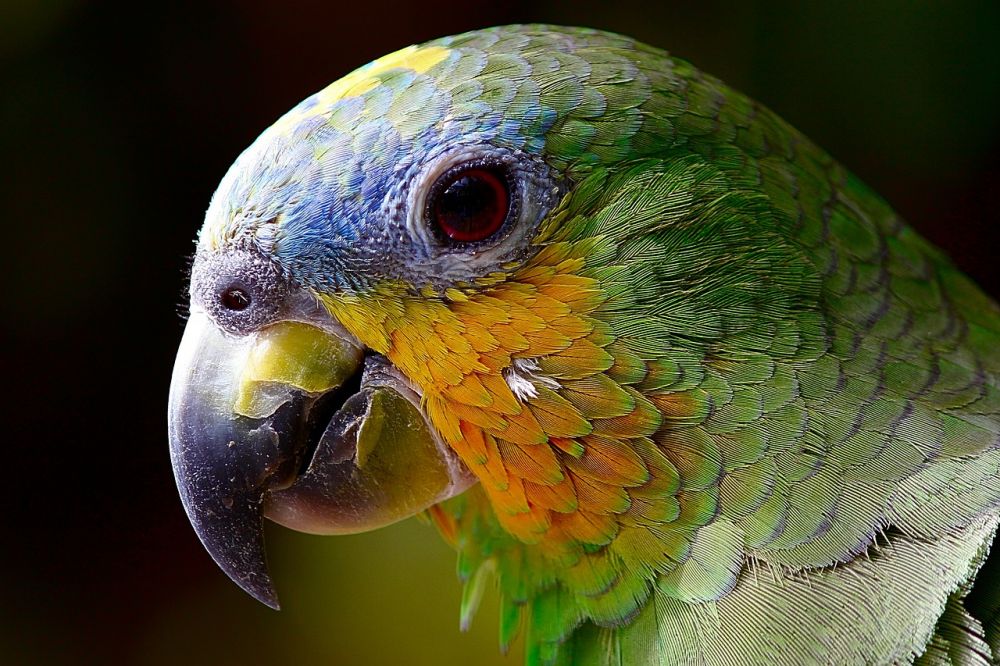
Introduction
Kiwi birds, known for their distinct appearance and fascinating behavior, are native to New Zealand. These flightless birds have captivated the attention of people worldwide due to their rarity and uniqueness. In this article, we will explore the intriguing world of kiwi birds, providing essential information for anyone interested in these remarkable creatures.
Evolution and Adaptations
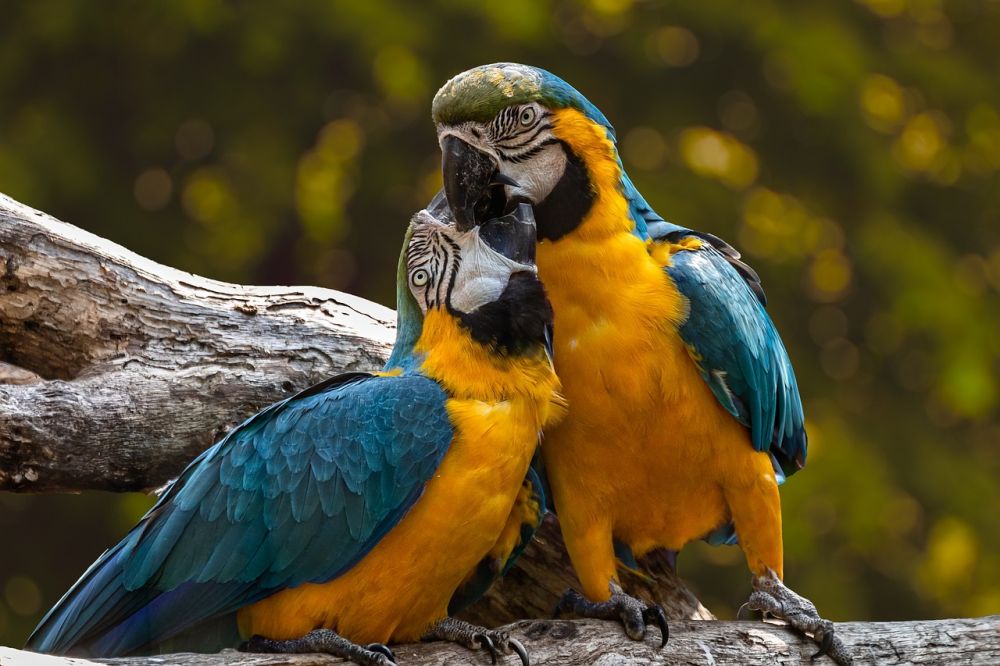
Kiwi birds belong to the Apterygidae family, which is endemic to New Zealand. These birds are descendants of the ancient Moa, which were large, flightless birds that roamed the islands millions of years ago. Over time, kiwi birds developed specialized adaptations that allowed them to thrive in their unique environment.
Feathers: Kiwi birds have soft, hair-like feathers that resemble mammal fur. These feathers help insulate them and keep them warm in the cool New Zealand climate.
Nocturnality: Kiwi birds are predominantly nocturnal, meaning they are most active during the night. This adaptation helps them avoid competition with other bird species for food and reduces the risk of predation.
Scent-Based Foraging: Unlike most birds, kiwis have a highly developed sense of smell. They use their long, sensitive beaks to probe the forest floor in search of insects and grubs. Their keen sense of smell allows them to detect prey hidden beneath the soil.
Egg Development: Kiwi birds have one of the largest eggs in relation to their body size among all bird species. Females lay eggs that can be up to 20% of their body weight, which is a remarkable feat. This adaptation ensures that the kiwi chick has enough nutrients to survive before it hatches.
Conservation Efforts
Kiwi birds are considered a national symbol of New Zealand and are highly valued by the local population. However, their population has been declining rapidly due to habitat loss, predation by introduced species, and other human-induced factors. To combat this decline, various conservation efforts have been implemented.
Habitat Protection: Initiatives have been taken to establish protected areas and reserves where kiwi birds can thrive without disturbance from human activities. These areas provide safe havens for breeding and nesting.
Predator Control: The introduction of predatory species like stoats and feral cats has put kiwi birds at risk. Predator control programs have been initiated to manage these threats and protect kiwi populations. Trapping and poisoning techniques are used to control the numbers of harmful predators.
Community Involvement: Local communities in New Zealand actively participate in kiwi conservation efforts. They contribute by monitoring kiwi populations, raising awareness, and implementing measures to reduce human-related impacts on their habitats.
Historical Significance
Kiwi birds hold immense cultural significance for the Maori, the indigenous people of New Zealand. These birds are considered taonga (treasures) and are deeply intertwined with Maori mythology and traditions. They are often seen as symbols of spiritual guidance and protection.
In Maori culture, the kiwi is known as the guardian of the forest, representing harmony and balance. The bird’s nocturnal nature is associated with knowledge and wisdom, making it a revered figure in Maori folklore.
Conclusion
Kiwi birds are a true wonder of nature, with their unique adaptations and cultural significance. They have captured the hearts of people worldwide and continue to inspire conservation efforts to ensure their survival. By understanding the importance of these birds and supporting conservation initiatives, we can contribute to preserving these remarkable creatures for future generations to appreciate and admire.
Sources:
– New Zealand Department of Conservation: www.doc.govt.nz/kiwi-conservation
– New Zealand Encyclopedia: www.nzhistory.govt.nz/kiwi-bird
FAQ
What are some unique adaptations of kiwi birds?
Why are kiwi birds at risk of decline?
What conservation efforts are in place to protect kiwi birds?
Flere Nyheder
Grundlæggende Hundetræning: Vejen til en Lydig og Glad Hund
Introduction Kiwi birds, known for their distinct appearance and fascinating behavior, are native to New Zealand. These flightless birds have captivated the attention of people worldwide due to their rarity and uniqueness. In this article, we will ex...
04 november 2024
Skadedyrsbekæmpelse i Ringsted: Din Effektive Løsning på Skadedyrsproblemer
Introduction Kiwi birds, known for their distinct appearance and fascinating behavior, are native to New Zealand. These flightless birds have captivated the attention of people worldwide due to their rarity and uniqueness. In this article, we will ex...
09 september 2024
Osteopati for Hunde: Sundhed Gennem Kropsterapi
Introduction Kiwi birds, known for their distinct appearance and fascinating behavior, are native to New Zealand. These flightless birds have captivated the attention of people worldwide due to their rarity and uniqueness. In this article, we will ex...
03 september 2024
Professionel kvægdyrlæge: Sundhed og pleje af kvæg
Introduction Kiwi birds, known for their distinct appearance and fascinating behavior, are native to New Zealand. These flightless birds have captivated the attention of people worldwide due to their rarity and uniqueness. In this article, we will ex...
02 juli 2024

